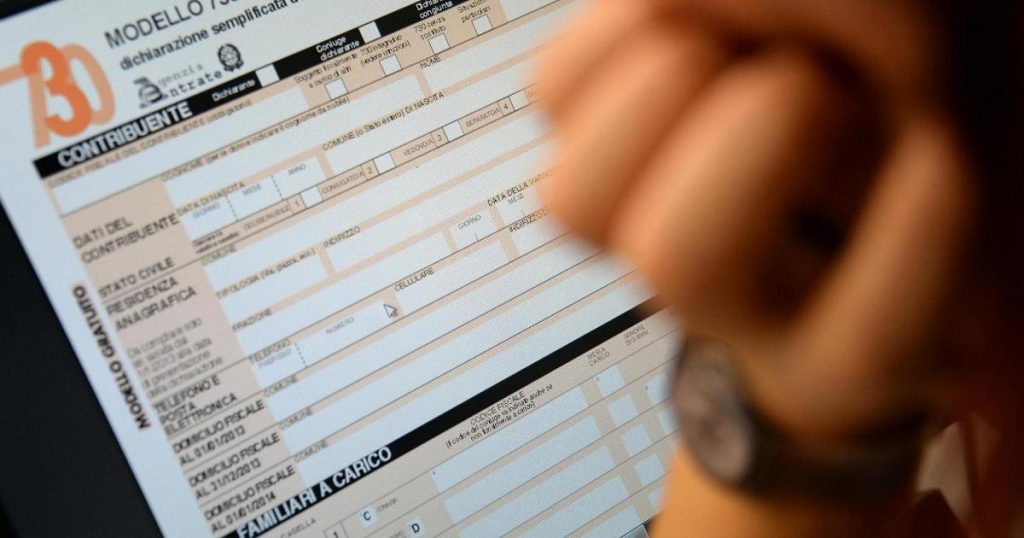The Italian government is planning to simplify the income tax declaration process even further by introducing a new method based on data already available to the Revenue Agency. Starting in 2024 for the tax year 2023, the new 730 form for employees and pensioners will consist of specific questions regarding the accuracy of income, medical expenses, and deductions proposed automatically by the system. This new approach aims to make the process easier for taxpayers.
Building upon the existing “Precompiled Declaration” model, the new 730 form will offer taxpayers the ability to verify and supplement the information provided through a guided process with simple language devoid of technical jargon. One key aspect of the new system is that individuals will not need to identify specific fields or be familiar with tax codes; they can simply accept or modify the information already known to the tax authorities. This shift is expected to empower more taxpayers to handle their declarations independently.
During a Senate hearing on February 27th, the Director of the Revenue Agency, Ernesto Maria Ruffini, explained that confirmed or modified data will be automatically transferred to the corresponding fields in the declaration, eliminating the need to consult instructions or understand specific boxes and codes. Taxpayers will receive a notification when confirming or modifying the proposed information, and if certain data cannot be used due to the agency’s lack of necessary elements, the taxpayer will be guided on how to proceed. The simplified filing method can be chosen as an alternative to the traditional approach.
The introduction of the precompiled 730 declaration aims to streamline the tax process, increase citizen engagement, and enhance the Revenue Agency’s revenue collections. Statistics show a significant increase in the use of precompiled data from 2015 to 2023, with over 1.3 billion preloaded data entries in the latter year, including 19.7 million downloads. The majority of this data relates to healthcare expenses, totaling over 1 billion, insurance premiums exceeding 99 million, and individual certificates reaching 73 million. This data-driven approach is expected to make tax compliance easier for taxpayers.
In conclusion, the Italian government’s plan to simplify the income tax declaration process by introducing a new data-based method for the 730 form in 2024 aims to further enhance taxpayer experience and increase compliance. By leveraging precompiled data and offering a user-friendly interface, the system seeks to empower individuals to complete their declarations with ease. The transition to this new approach, led by the Revenue Agency, is expected to improve the efficiency of tax collection and promote greater transparency in the tax system. This move towards a more streamlined and accessible tax filing process is a positive step towards modernizing Italy’s tax administration.


